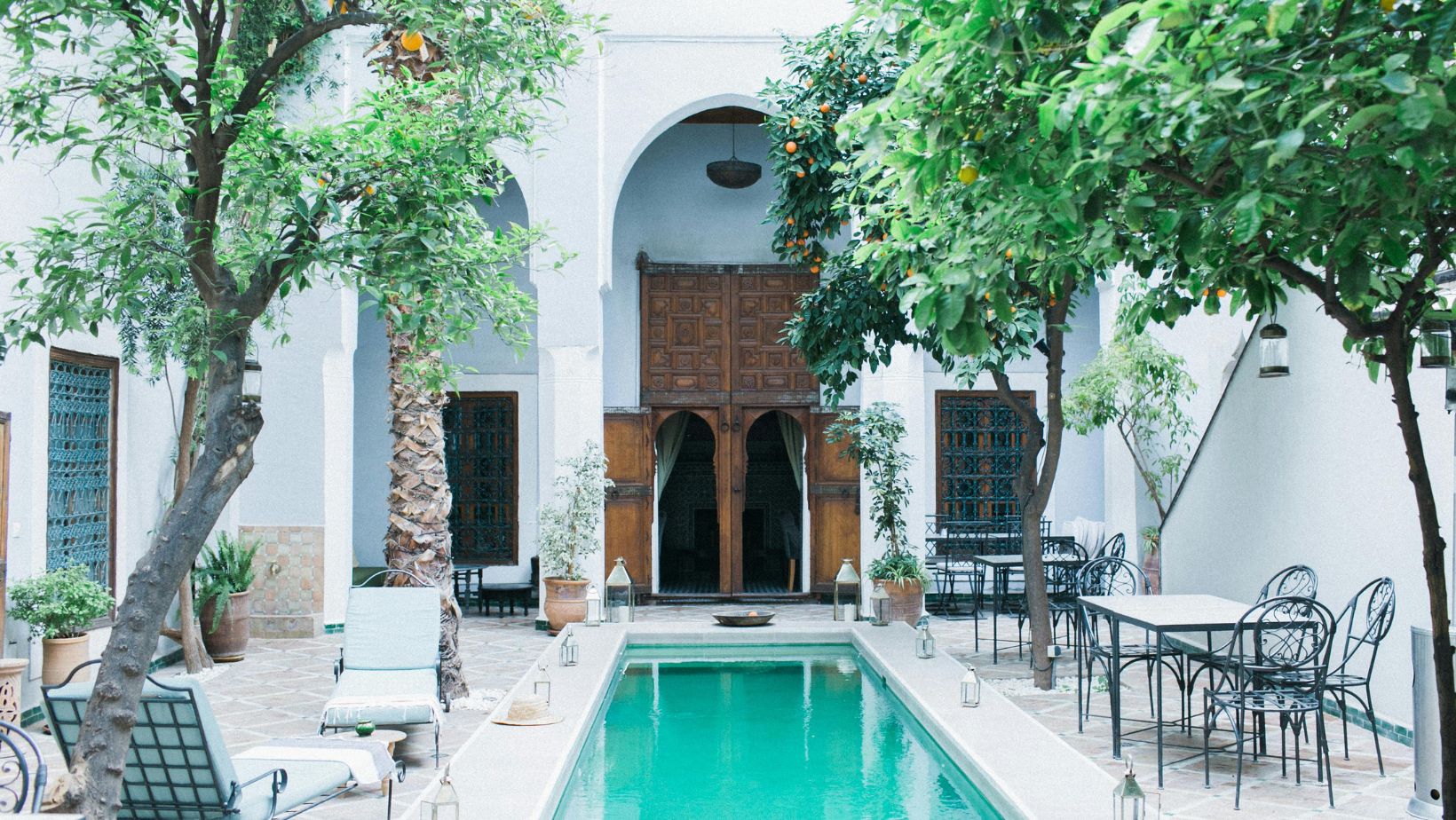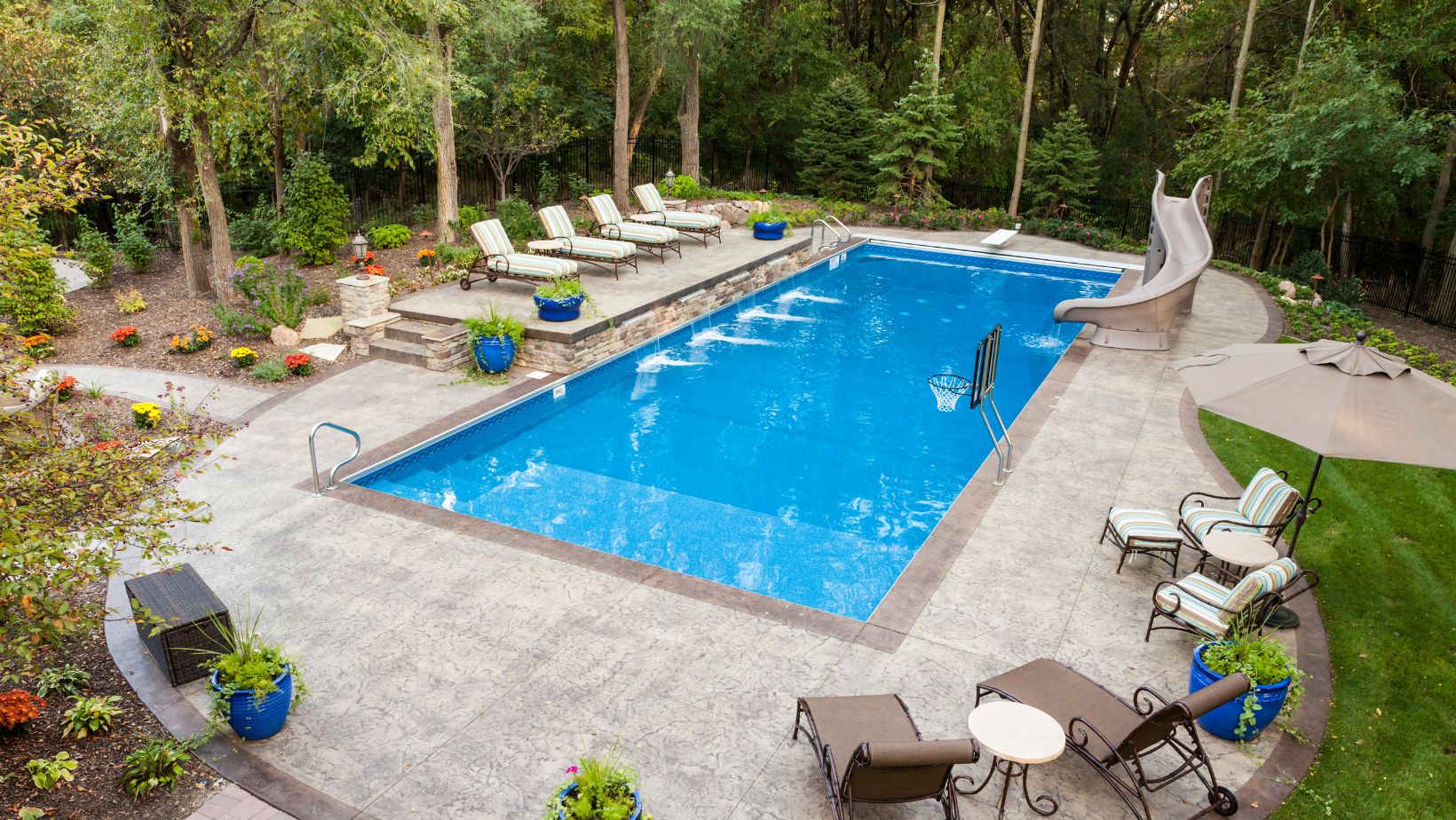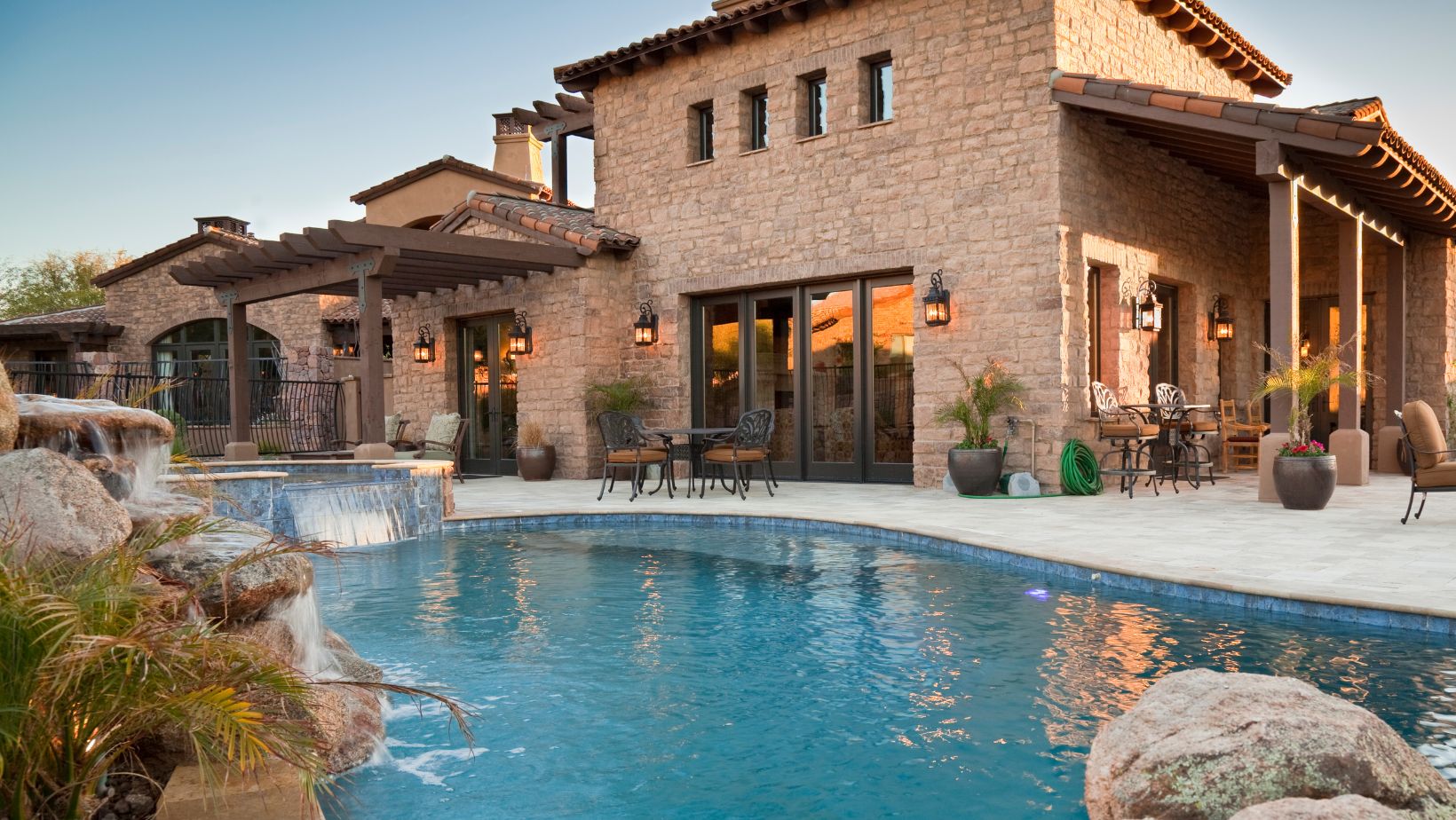
Selecting the ideal pool shape for your backyard can significantly enhance the aesthetics and functionality of your outdoor space. Whether you’re looking to create a relaxing oasis or a family-friendly environment, the pool’s design plays a crucial role. This guide will help you navigate through the options to find the perfect fit for your home.
Installing a swimming pool in your backyard is a significant investment that can add value to your property and provide endless enjoyment. The shape of your pool is one of the most important decisions you’ll make during this process. Various factors like available space, intended use and personal preference will also influence your choice.
Assessing your Backyard Space
The first step in choosing the right pool shape is to evaluate your backyard space. Measure the area where you plan to install the pool and consider any existing landscaping features that you want to keep. Of course, when it comes to pool cleaning, it’s easier to maintain pools with simple shapes like rectangles or ovals because there are fewer nooks and crannies where debris can accumulate. If you have a smaller yard, a compact design like a plunge pool might be ideal.
If you have more space, you might want to consider a larger, more elaborate shape like a lagoon or freeform pool. These designs can incorporate natural elements such as rocks and waterfalls, creating a more organic look. However, remember that these complex shapes may require more maintenance and higher costs.
When evaluating your backyard space, it’s also important to consider the topography of your land. Sloped yards may require additional excavation or retaining walls, which can affect the pool shape you choose. A kidney or freeform shape might work well with a sloped yard, as these designs can be adapted to follow the natural contours of the land.
Don’t forget to account for local building codes and setback requirements, which may limit how close your pool can be to property lines or structures. These factors can significantly impact the available space for your pool and influence its ultimate shape.
Considering the Pool’s Intended Use
Your intended use of the pool will also play a crucial role in determining its shape. If you’re looking for a pool primarily for exercise, a lap pool with its long, narrow design is perfect for swimming laps. On the other hand, if you want a family-friendly environment, consider shapes that offer varied depths and ample seating areas.
Additionally, if you’re interested in hosting social gatherings around your pool, an L-shaped or kidney-shaped pool provides different zones for lounging and swimming. These designs are not only functional but also add visual interest to your backyard. Keeping these considerations in mind while making these decisions ensures you cater to all possible uses of the pool.
Complementing Home Architecture
The architectural style of your home should also influence your choice of pool shape. A modern house with clean lines might benefit from a geometric pool design, such as rectangular or square shapes, which complement contemporary aesthetics. Conversely, traditional homes might look better with classic shapes like ovals or figure-eights.
Consider how the pool will look from various vantage points within your home and garden. A well-integrated design can enhance both your indoor and outdoor living spaces, creating a seamless flow between them while giving the air of luxurious celebrity home. Remember to think about how additional features like decks, patios and landscaping will interact with the pool’s shape.
Wrapping Up: Budget Considerations
Your budget will inevitably impact your choice of pool shape. Simpler designs are generally less expensive both to install and maintain. Complex shapes not only cost more upfront but also require more time and money for upkeep due to their intricate designs.
It’s essential to balance aesthetic desires with practical financial considerations. Consult with a professional pool builder who can provide insights into cost-effective solutions that don’t compromise on style or functionality. They can help you understand which shapes offer the best value for your specific needs.







